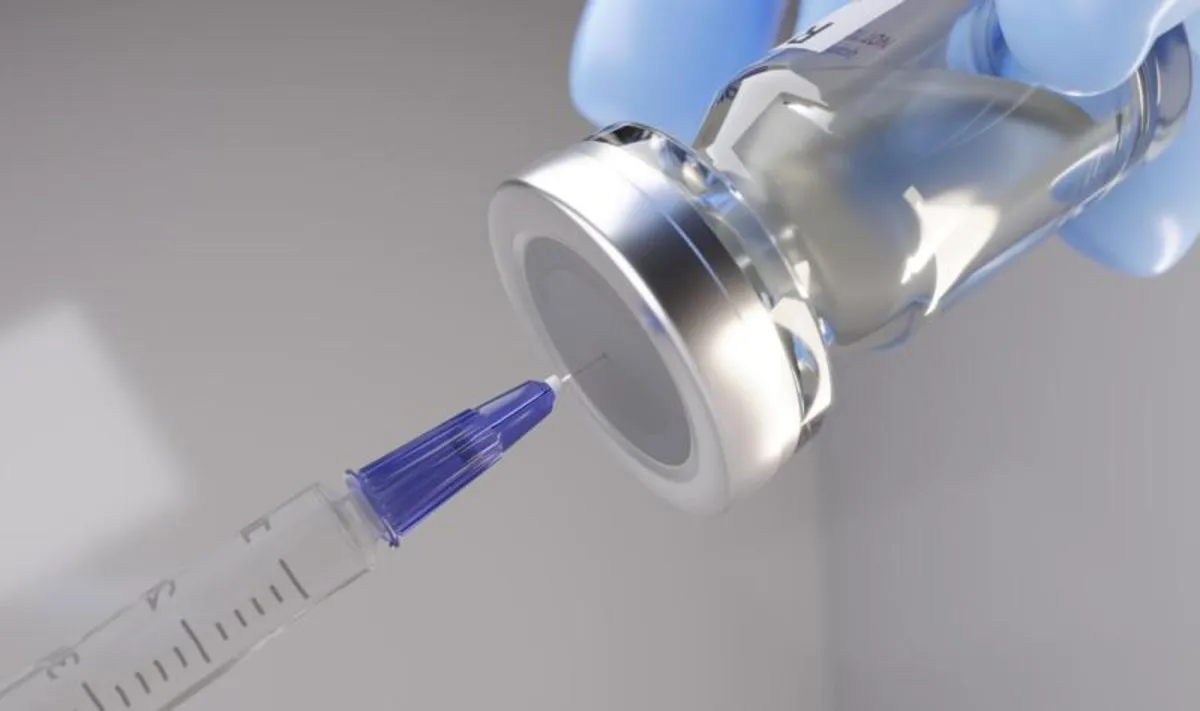
In a significant development regarding pandemic preparedness, Moderna announced that the US Department of Health and Human Services (HHS) has terminated a substantial $590 million award initially granted for the late-stage development of a candidate mRNA vaccine targeting H5 avian influenza. This decision was made public yesterday, coinciding with the release of promising interim Phase 1/2 clinical data for the same vaccine.
Moderna's journey with the HHS contract began in July 2024, when the company received a $176 million base award aimed at developing a vaccine for H5 avian influenza. This funding was prompted by a worrying increase in H5N1 infections among US residents, particularly those involved in agricultural work. In the waning days of the Biden administration on January 17, officials announced the larger $590 million contract, aimed at funding vaccine development against potential pandemic flu viruses. However, following the transition to the Trump administration, the HHS signaled in early March that it was reevaluating this contract.
The termination of funding occurs against a backdrop of ongoing H5N1 circulation in various sectors, including US dairy cattle, poultry flocks, and wild birds, along with sporadic outbreaks in several Asian countries such as Cambodia and Vietnam. This raises alarms about the potential for future pandemics, especially as HHS Secretary Robert F. Kennedy, Jr. has shown alignment with groups skeptical about vaccines, particularly those utilizing mRNA technology.
The announcement has sparked significant concern among public health experts. Dr. Ashish Jha, Dean of the Brown University School of Public Health, voiced his apprehensions on social media platform X, stating that the cancellation of the vaccine contract endangers American lives. He criticized the ongoing attacks on mRNA vaccines, which have a robust safety and effectiveness record based on extensive administration and study. “If Bird Flu starts spreading from people to people, we will come to regret this as the day we decided to put the lives of the American people at grave risk,” he emphasized.
Similarly, Dr. Krutika Kuppalli from the University of Texas Southwestern Medical Center labeled the decision “stunningly shortsighted.” She pointed out that this termination occurs during a time of rising H5N1 threats, alongside reports of a fatal H5N1 case from Cambodia. “This will come back to bite us. Hard,” she warned.
Despite the setback with HHS funding, Moderna remains optimistic about the prospects for its H5 avian influenza vaccine. The company reported encouraging results from its Phase 1/2 clinical trial, which involved 300 healthy adults. The study evaluated a two-dose regimen and indicated a rapid, potent, and durable immune response. At the study's outset, only 2.1% of participants exhibited hemagglutinin titers considered protective. However, by day 43—three weeks post the second dose—an impressive 97.9% of participants showed a remarkable 44.5-fold increase in titers from baseline.
Moderna’s CEO, Stéphane Bancel, acknowledged the uncertainty brought on by the termination of HHS funding but expressed satisfaction with the robust immune response and safety profile observed in the interim analysis of the study. He stated, “While the termination of funding from HHS adds uncertainty, we are pleased by the robust immune response and safety profile observed in this interim analysis of our H5 avian flu vaccine, and we will explore alternative paths forward for the program.”
The cancellation of the HHS contract for Moderna's H5 avian influenza vaccine has raised serious questions about the United States' ability to prepare for potential pandemics. As public health experts warn of the implications, the need for continued investment in vaccine development is more critical than ever. The promising results from Moderna's clinical trials hold hope, but the path forward remains uncertain amidst shifting administrative priorities.